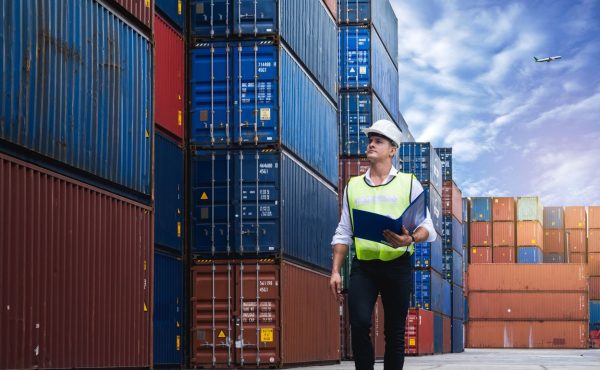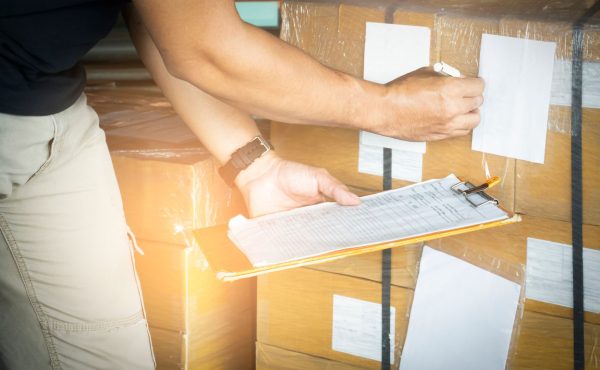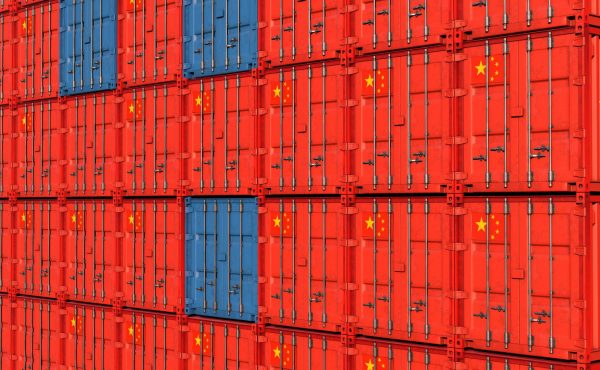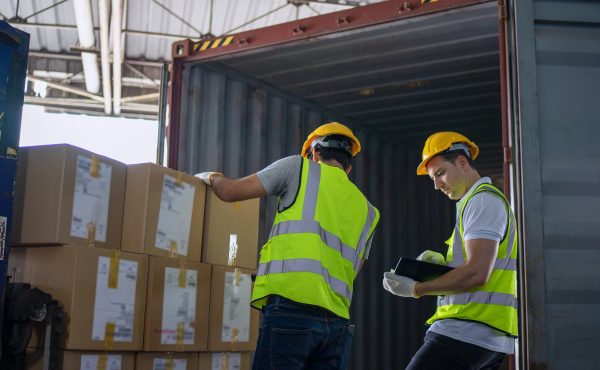Importing medical products – How to import?
What are medical devices?
Before importing medical products, it is necessary to know which types of products are classified as such. According to the Royal Decree 1591/2009, a medical device is any instrument, device, equipment, software, material or other article intended by the manufacturer to be used on humans for various purposes.
Los productos sanitarios se clasifican en tres clases principales y una cuarta clase para otros productos sanitarios a medida e investigación clínica.
Class I products are those of low risk, such as bandages, walkers, gloves, syringes, reusable surgical instruments or non-electronic thermometers.
Class II are those of moderate risk, such as product disinfectants, hearing aids, contact lenses, cannulas, probes, contraceptives or blood bags.
Class III medical devices are high-risk devices such as sutures, dressings, stents, prostheses or valves.
To market these products in the European Union, the importer will require a number of certificates depending on their classification and level of risk, such as the certificate of conformity, production and product quality assurance, verification and CE marking, or the full quality assurance system.
The current legislation applying to medical devices guarantees that they can circulate on Community territory, but also ensures that they do not present a risk to the health or safety of persons.
What is required to import medical devices?
Any natural or legal person may introduce medical devices into Spain from Community countries, as well as import from third countries.
To be able to import medical devices, the importer must have a health licence issued by the Spanish Agency for Medicines and Medical Devices (AEMPS).
If the product is made available for the first time for distribution or use on Spanish territory, the AEMPS must also be informed.
To obtain the license, the importer must comply with a series of requirements demanded by the AEMPS. Firstly, it must demonstrate compliance with current regulations relating to the facilities in which the products will be stored for subsequent distribution or sale. The warehouses, which may be owned or subcontracted, must be approved by the AEMPS. In addition, these special facilities must be controlled by a technical health manager.
At Logisber we provide the importer with authorised warehouses specialised in the treatment of health products. A team of professionals will advise you so that the products arrive in perfect conditions and can be distributed in the national market.
“Logisber professionals can advise the importer on any aspect related to the importation of medical devices
The legislation also obliges the importer to have civil liability insurance to cover any damage that may be caused by the use of the imported medical devices.
The AEMPS, through the inspection services of the functional areas of health of the Government Delegations, will verify that the importer has the license to import medical devices. It will also verify that the product has the CE marking.
Steps for importing medical devices
Before importing medical devices, we must classify them by tariff, which consists of assigning them a numerical common customs tariff code. Tariff classification is a fundamental step in an international trade operation because it allows us to know what the import tariffs will be, the export procedures at origin, the import requirements at destination or the possible trade policy measures that affect these goods (certifications, inspections, licenses, etc.).
The tariff code can be consulted in the database of the European Commission’s Directorate-General for Taxation and Customs Union.
The legal responsible for the classification of the medical device is the importer, even if he uses a customs agent as his representative before the customs.
Once the licence has been obtained, the logistics chain for importing medical products into Spain can be organised. It is important to contract the most appropriate transport depending on the geographical origin of the product, its type and its value. At Logisber we can manage the import of any medical product by sea, air or land, as well as carry out all the documentary processing.
The importation of the sanitary product will require customs clearance and it may be the case that the customs office decides to inspect the goods. In this case, the Foreign Health Services or Pharmacy will intervene.
“Logisber’s experience guarantees the successful transport, storage, customs clearance and distribution of medical devices.
Once the customs formalities have been completed, the medical device is ready to be transported to the authorised facilities, which may be the forwarding agent’s warehouse if the importer has so indicated when applying for the licence.
Once in the warehouse, the goods are deconsolidated and the different shipments can be prepared for distribution in the national territory. At Logisber we can take care of the picking, packaging, labelling and transport of each of these shipments.
Logisber, comprehensive service for importing medical products
As a logistics operator specialised in medical devices, Logisber offers the importer a complete and safe logistics chain.
We provide traceability and quality throughout the entire import process, from transport and handling to labelling, packaging and distribution.
Logisber’s logistic services provide added value to the importer when importing medical devices. We comply with all regulations and have the required approvals.
Categorías
Air transport, Customs and regulations, Sea transport
Compartir








